There are unique challenges in responding to emergencies that involve a mental health crisis. Luckily, anyone who has taken a first aid and CPR training course can perform first aid for mental health incidents. As a first aid responder, it is not up to you to diagnose the psychiatric condition of the patient. Your responsibility is to determine that the scene is safe and to care for the injuries or illness of the patient. You must also ensure that the risk of harm to the patient or others is reduced.
Anything the person says should not be taken as a direct affront to you, so be respectful and be an active listener. If the situation requires, request additional resources from law enforcement or health crisis personnel. Unless your safety as a first-aid respondent is threatened, never leave the patient alone.
Not all mental health symptoms are psychological. Look out for physical symptoms like hyperventilation, rapid heart rate, and chest pains. Let’s take a look at some common mental health conditions.

Mental Conditions
In a crisis, three common mental conditions you will face include anxiety, depression, and psychosis.
Anxiety
With anxiety, the patient has feelings of fear and apprehension, sometimes even without an obvious external cause. Even though there are several anxiety disorders, the most common are panic disorders, which are experienced as panic attacks.
Panic attacks can occur at any time, even when the person is sleeping. The symptoms or signs include hyperventilation, chest discomfort, weakness, dizziness, nausea, sweating rapid heart rate, feeling smothered, and a fear of losing control.
If you are the first aid respondent to the scene, try to reassure and calm the patient. You should help them take deep breaths and try and assess the symptoms for any underlying cause. Listen to them and empathize if they wish to talk about any issues they are facing. Avoid being judgmental and speak with them quietly.

Depression
Depression can be a response to a stressful event or could be clinical depression. Clinical depression symptoms include feelings of worthlessness, guilt, hopelessness, and pessimism.
Some people with clinical depression may have recurring thoughts of suicide and may experience symptoms like fatigue, and disrupted sleep patterns. Another symptom is severe changes in their appetite that can lead to weight-loss or weight gain. People with depression may become restless, irritable, and have difficulties making decisions or concentrating.
While caring for the person, talk to them calmly and steer the conversation to pleasant topics. These individuals may have a high suicidal risk. If they make any statements about wanting to take their lives, you must report it when you transfer their care. You should call EMS/911 immediately if the person talks about harming themselves or is a threat to anyone around them.

Psychosis
People with psychosis have disturbed brain function and lose contact with reality. The condition is very distressing and disorienting. Schizophrenia is also psychosis related.
If you suspect a patient you are attending to is suffering from psychosis, some of the signs to look for are hallucinations, mania, confused and disconnected thoughts, suicidal thoughts, and loss of touch with reality.
Before approaching a psychotic patient, assess their potential for violence and request assistance from law enforcement if necessary. It may be difficult to assess the patient and reason with them because their responses to your questions may be delusional.
Self-inflicted Injuries
Caring for a patient with self-inflicted injuries will require that they are calm. Approach them when it is safe for you and others. As you provide the appropriate care for the injuries, reassure, and comfort the patient. Be respectful, even if they aren’t to you and practice active listening with positive non-verbal communications.
Assess the patient continuously and do not leave them alone unless you are at risk. If the person has suicidal thoughts and expresses them to you, let the next responder know.
First Aid for Mental Health
What can you do to help a person who is suffering from a mental health crisis? First aid for mental health is taught in our first aid and CPR training courses, providing you valuable information on how to help someone who is troubled with a mental health condition.
If you cannot detect any obvious life-threatening medical conditions or injuries on the patient, take some time to get the patient to calm down and warm up to you before continuing with the assessment.
For those who suffer from one of the above conditions, you can provide first aid for mental health with active listening practices such as promoting conversation, calming the person, listening to what they have to say, being empathetic, acknowledging their feelings without being judgmental, accepting their beliefs and speaking quietly and firmly. A great way to help calm someone is to recommend breathing exercises.

If the person is a risk to themself, you, or others, please be sure to contact EMS/911 immediately. Although it is important to help others, your safety is a priority.
First Aid & CPR training is the best way to learn how to respond to a situation where someone is suffering from a mental health crisis. Our Standard First Aid & CPR/AED Level C courses provide training on how to handle first aid for mental health. Register for a course today and be prepared to help someone in need.
Register for First Aid Training
Register today for a First Aid Training course and learn how to deal with emergencies and keep your loved ones safe! Check out our facilities and book your spot now.






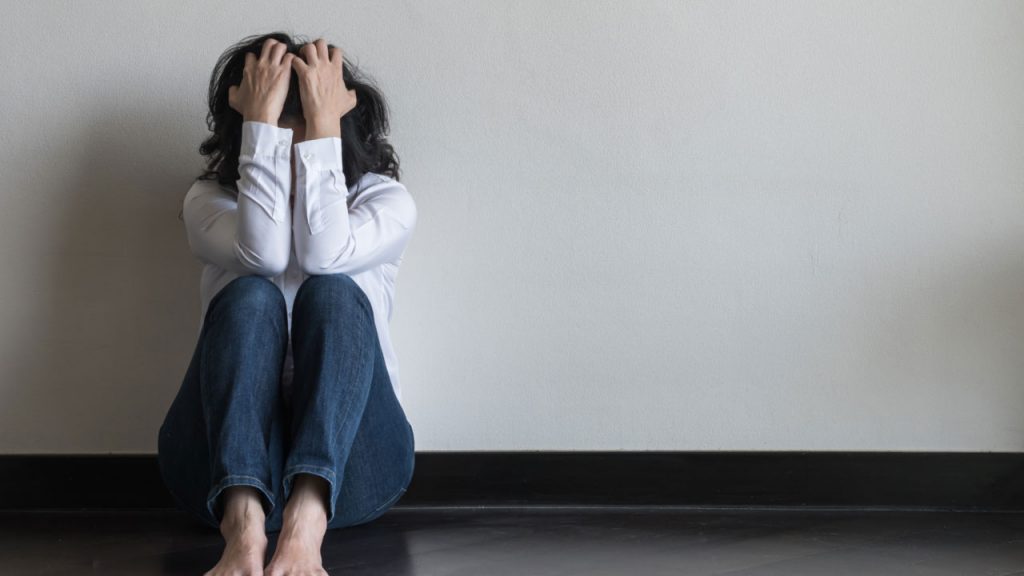

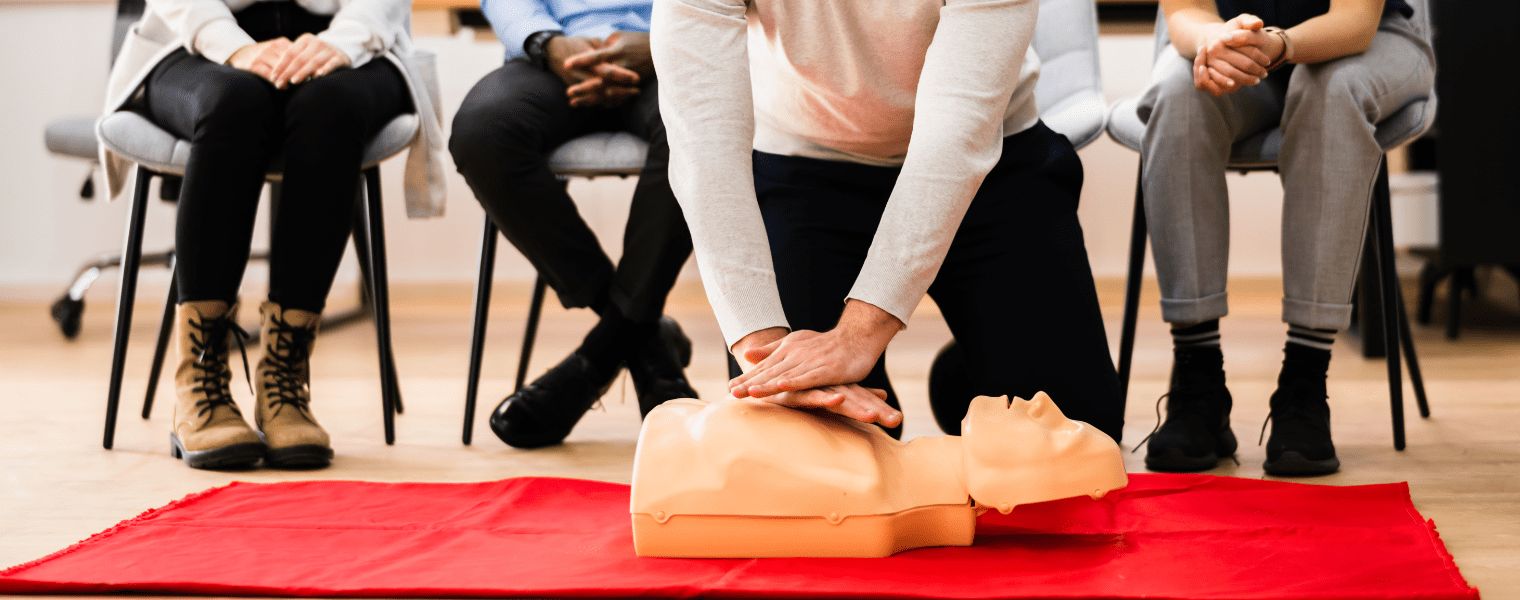


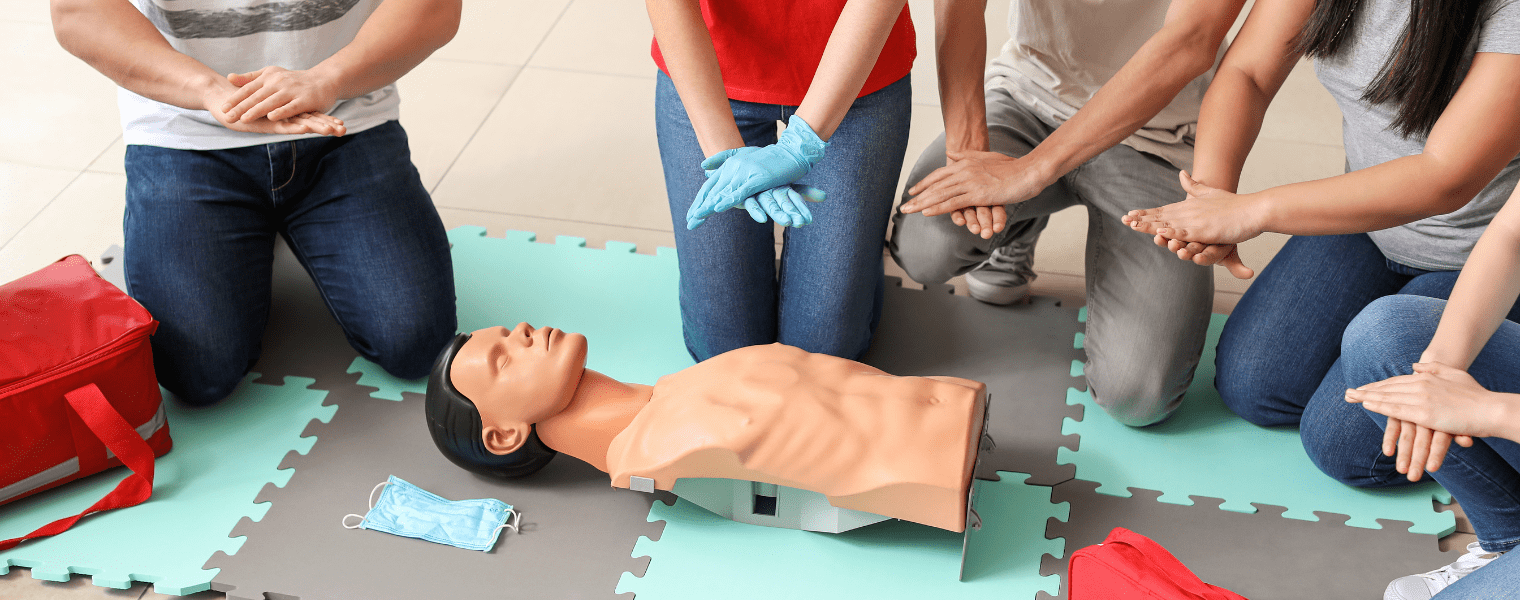
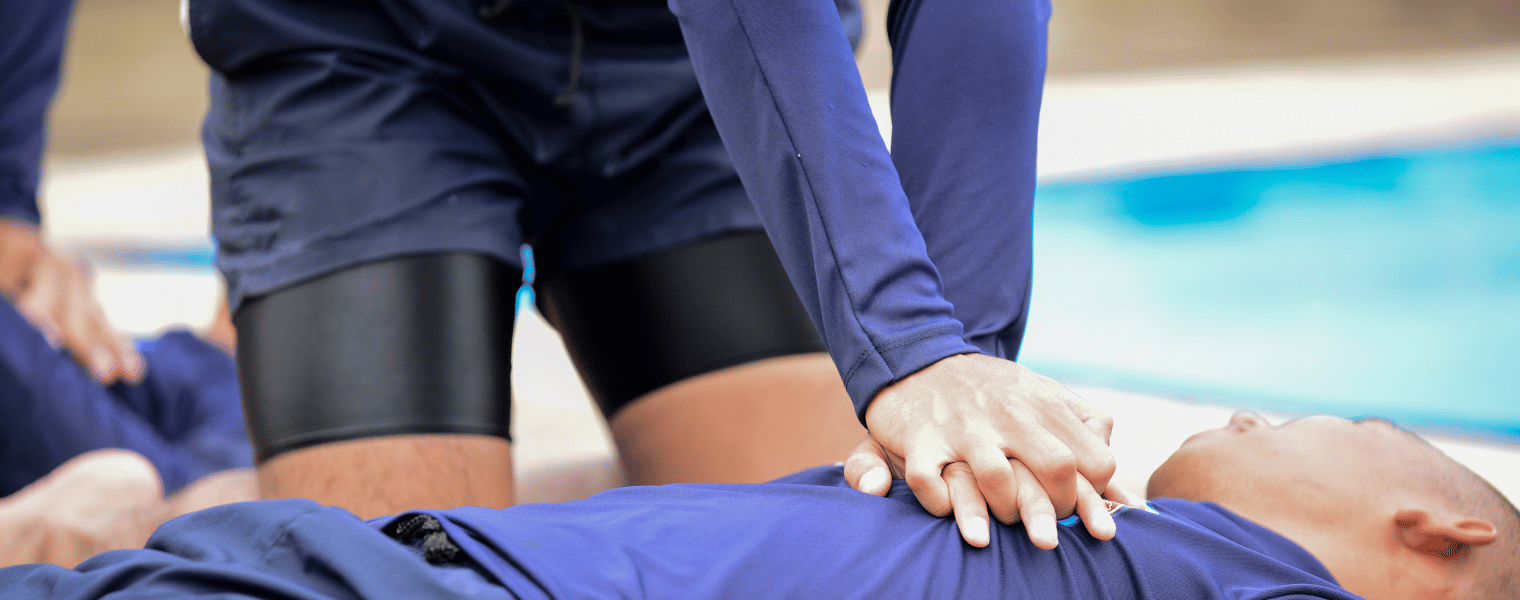
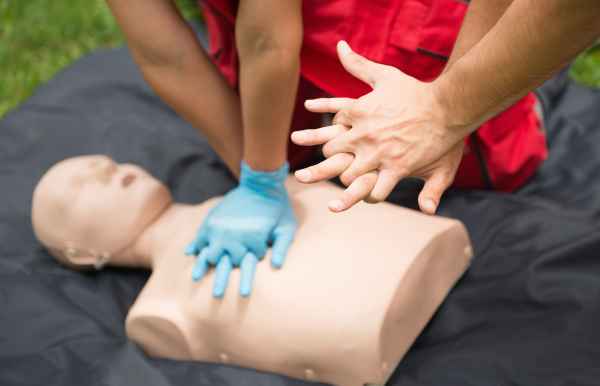


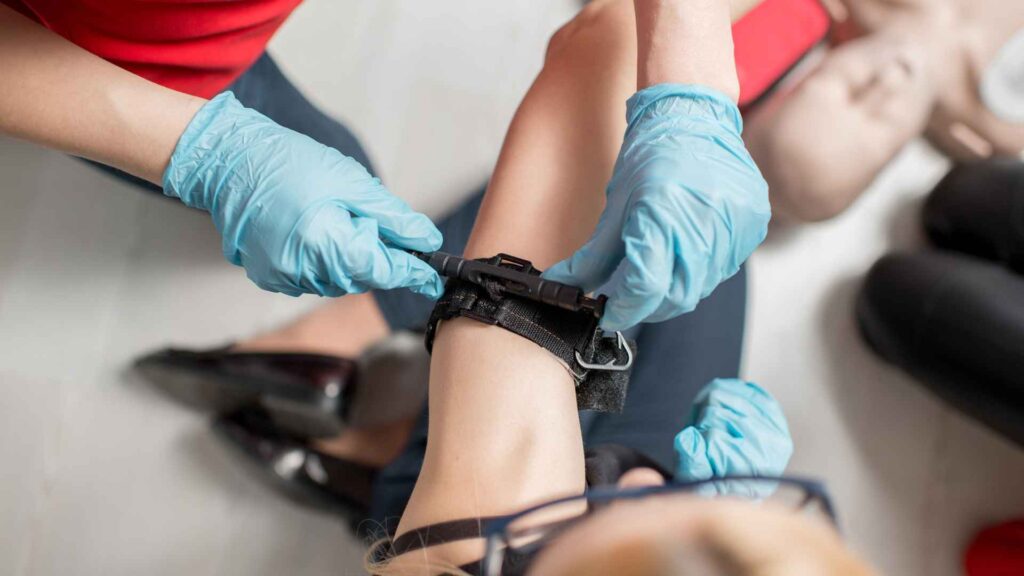




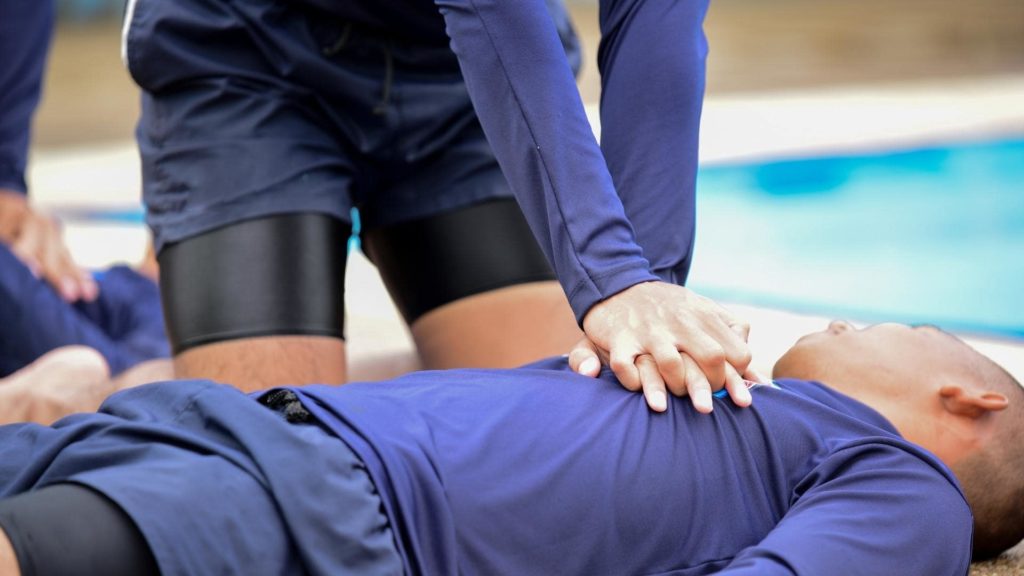
No comment yet, add your voice below!